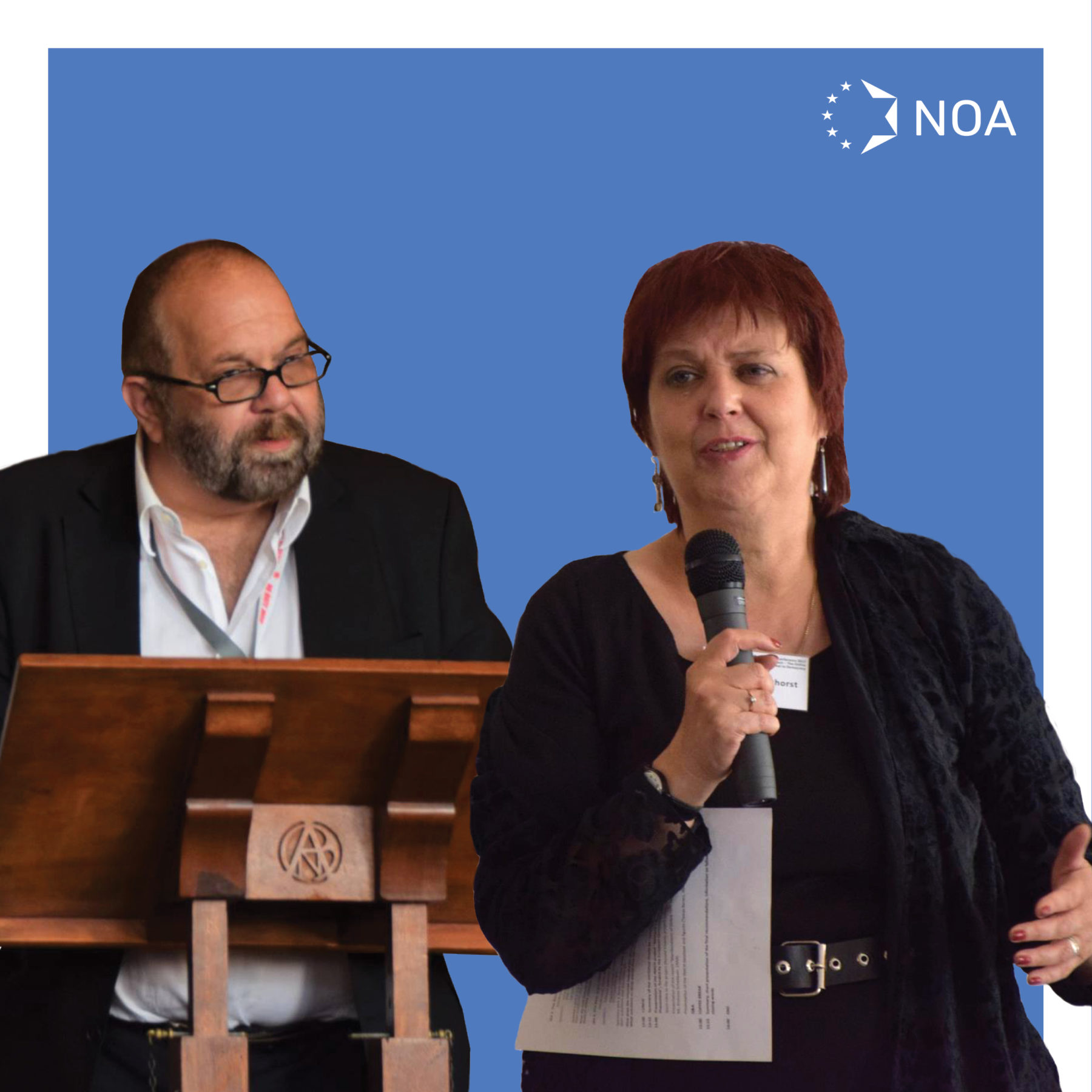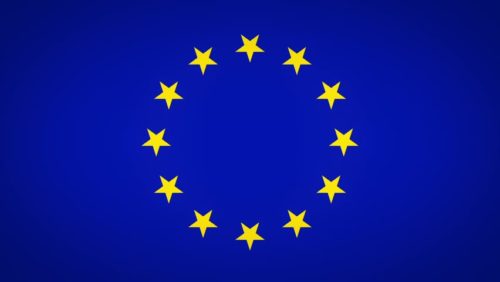INACH: Fighting hate speech online, from the very beginning
Suzette Bronkhorst founded INACH (International Network Against Cyber-Hate) together with her late partner Ronald Eissens back in 2002. They were pioneers in responding to the problem of the internet as a breeding ground for spreading discrimination and antisemitism – and its ability to influence young people.
“Before INACH intervened, only law enforcement in the US could contact Twitter about dubious content,” Suzette highlights regarding the challenges they had when they got started. “So we brought hate on the internet as an issue to the UN, the OSCE, and the EU.”

Beginning with the duo of dedicated volunteers in the Netherlands, the project grew into a European, and now, a truly international project. INACH unites and empowers organizations that are already active in advocating for human rights on the internet and are countering cyber hate, extremism, and incitement to violence. Its member organizations deal with hate speech affecting all groups, including antisemitism, anti-Roma and anti-LGBTQ+ hate speech, and beyond. INACH recently led the coordination of EU-level hate speech monitoring exercises that provide data on whether social media companies remove illegal hate speech in a timely manner. This is crucial in ensuring that illegal incitement to hatred or violence does not stay online.
The importance of countering online hate was made all too clear yet again in 2020. With the COVID-19 pandemic, the online phenomena of hate speech, fake news, and conspiracy theories increased dramatically almost everywhere. INACH continues to work on all these topics and connects organizations from across Europe and beyond, most recently expanding their work into Africa by onboarding the organization Africa Sans Haine, ‘Africa Without Hate.’
For Suzette and her late partner Ronald, both children of Holocaust survivors, it has been their life’s mission to stop hatred and discrimination from spreading online. In Suzette’s view, the current situation can be summed up relatively easily: “The beauty of the internet is that it’s the biggest information source in the world. The problem of Internet is that it’s the biggest information source in the world.”

 NOA is co-funded by the Rights, Equality and Citizenship Programme (2014-2020) of the European Union
NOA is co-funded by the Rights, Equality and Citizenship Programme (2014-2020) of the European Union